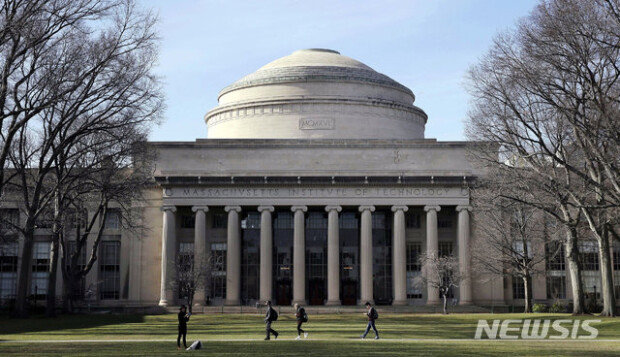Some elite U.S. universities favor wealthy students
Some elite U.S. universities favor wealthy students
Posted December. 20, 2024 08:31,
Updated December. 20, 2024 08:31

Several elite U.S. universities, including the Massachusetts Institute of Technology (MIT), Georgetown University, and Notre Dame, are facing lawsuits alleging that they prioritized admitting students based on their parents’ financial contributions rather than academic merit.
According to documents The Wall Street Journal (WSJ) revealed in a federal court in Chicago, Illinois, a member of MIT’s board of trustees facilitated the admission of two children of a former business associate. Similarly, a former president of Georgetown University allegedly placed certain students on a special admissions list due to their parents' donations rather than their academic credentials. At Notre Dame, for its 2016 first-year class, 86 seats—or 4% of the total—were allocated to children of high-net-worth donors, and 76% of all donor children received preferential treatment in admissions. In one instance, a Notre Dame admissions officer reportedly forwarded a letter saying, “Next year, I hope the wealthy have more smart kids.”
The lawsuit, filed as a class action in 2022, was brought by five alumni from eight Ivy League universities (Harvard, Yale, Princeton, University of Pennsylvania, Columbia, Cornell, Dartmouth, and Brown). The plaintiffs accuse 17 prestigious universities of unfairly favoring wealthy applicants in admissions and are seeking $685 million in damages.
U.S. antitrust law could require the universities to pay damages totaling $2 billion or more if the plaintiffs succeed, the WSJ reported. So far, 12 universities, including Dartmouth and Northwestern, have collectively settled the case by paying at least $284 million. However, five institutions, including Notre Dame and Georgetown, have vowed to fight the lawsuit in court, arguing that “every student admitted is fully qualified and prepared to succeed.”
Ji-Sun Choi aurinko@donga.com







